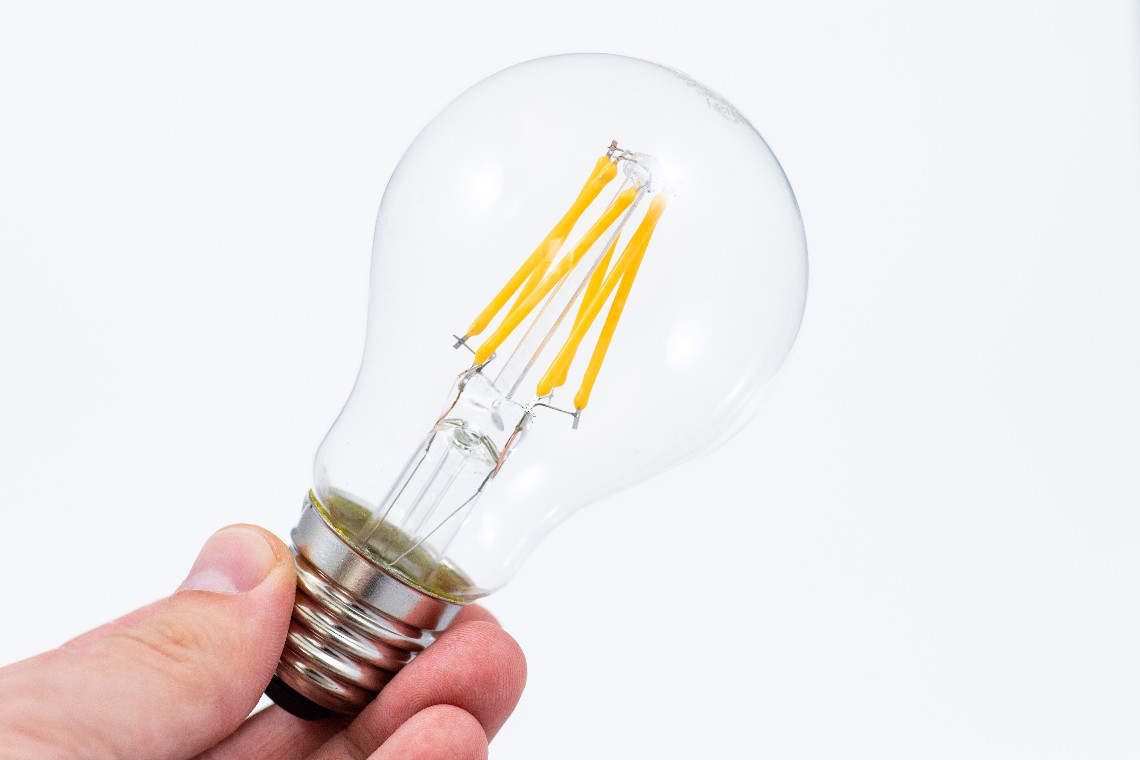Energy efficiency
In addition to promoting the use of renewable energy sources, one of the main strategies of Austria’s energy policy is to reduce the demand for energy, through sound use of energy and by improving the efficiency with which energy is employed.

Measures, which are mentioned in the current programme of the Austrian federal government, should ensure "an efficient, affordable and socially acceptable energy system, security of supply, prosperity, competitiveness and a healthy environment". This underlines the central role of energy efficiency in the Austrian energy policy.
From a long-term perspective, energy efficiency has improved considerably. While the real gross domestic product in Austria increased by 138.2 percent between 1973 and 2013, gross domestic consumption in 2013 was only 55.1 percent above the level in 1973, representing a comparatively modest increase. Austria’s relative energy consumption, i.e. the total amount of energy required to generate one unit of gross domestic product, has thus decreased by 34.9 percent.
At the international level, by comparison, Austria’s achievements in improving energy efficiency are remarkable. When measured in terms of economic performance, Austria is one of the countries that makes particularly economical use of energy. Total energy consumption in Austria per 1,000 US$ of GDP (Gross domestic product) was 0.098 tonnes of oil equivalent (toe) in 2012 (at the prices and exchange rates for 2005). At this level Austria is well below the average of OECD countries (0.133 toe) and also below the level of most EU Member States (EU-average 0,112), putting Austria in fifth place compared with the rest of the EU.
Measures for increasing energy efficiency contribute towards achieving the following objectives:
- Security of energy supply
- An environmentally compatible supply of energy
- An economically efficient supply of energy
- Social acceptance of the energy supply system
Energy efficiency has additional benefits for the Austrian economy, specifically in the area of foreign trade (less energy is imported) and the labour market (measures for increasing energy efficiency are labour-intensive).
Both at the federal government and federal state levels, Austria has implemented a number of instruments and measures for saving energy and improving energy efficiency. Besides regulation, these measures concern the areas of research, technological development and demonstration and are aimed at promoting market penetration as well as spreading information and promoting financial incentives for implementing suitable measures.